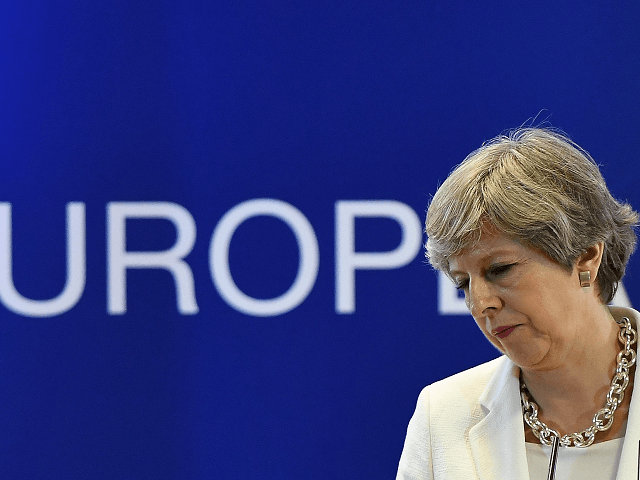Britain is reportedly prepared to pay up to 36 billion pounds to settle the ‘Brexit divorce bill’ if the EU agrees to negotiate a future trade deal.
In what is the first time a figure has been mentioned from the UK side, Senior Whitehall officials confirmed that the offer was the only way to move negotiations forward, the Telegraph has reported.
The offer, equivalent to €40 billion [$47 billion], has been made only if the EU agrees to negotiate the financial settlement as part of a deal on future relations, which include trade.
After concluding that the EU has created an impossible straight jacket for the negotiations, Whitehall has offered to pay the EU 10 billion euros per year after Brexit for up to three years, which would act as a partial down payment on the final 40 billion they are willing to pay.
Foreign Secretary Boris Johnson had previously told the EU they could ‘go whistle’ after increasing their demands from €60 billion to €100 billion.
A senior Whitehall source, however, has stated that the EU’s demands remain at €60 billion, despite the previously suggested €100 billion.
“We know their position is €60 billion, but actual bottom line is €50. Ours is closer to €30 billion, but the landing zone is $40 billion, even if the public and politicians are not all there yet,” the Whitehall source said.
According to the Telegraph, a second Whitehall source confirmed the UK’s bottom line as €30-€40 billion while a third political source stated the figure as ‘north of €30 billion.’
British negotiators are pessimistic about a breakthrough in the next round of negotiations due to take place on August 28 and Downing Street advisors are said to already have privately warned City bosses that the UK is prepared to walk away from talks if the current deadlock remains.
Prime Minister Theresa May is expected to make a speech in September which will clarify the UK’s vision for the future, although divisions in the cabinet mean she could be unable to provide the commitments demanded by the EU.
Transitional yearly payments made to the EU may not solve the standoff, because the UK could accrue fresh liabilities in the next budget cycle during its continued payments during the transition, the Telegraph explains.
“Paying full-whack for two to three years will not solve everything, but it has the real potential to shift the negotiation forward,” the Whitehall source confirmed.
If Britain is unable to conclude a Brexit deal with the EU, trade relations would be governed by World Trade Organisation (WTO) rules.
While a so called ‘hard’ or full Brexit with Britain going back to WTO rules has been advocated by some Brexiteers as a good starting point to negotiate a new relationship with the European Union and the world, the thought has horrified many on the continent, including influential German business owners who have appealed to politicians to negotiate a fruitful deal.
After Brexit, Britain will be the EU’s single largest export market, making it a key area for European businesses.

COMMENTS
Please let us know if you're having issues with commenting.